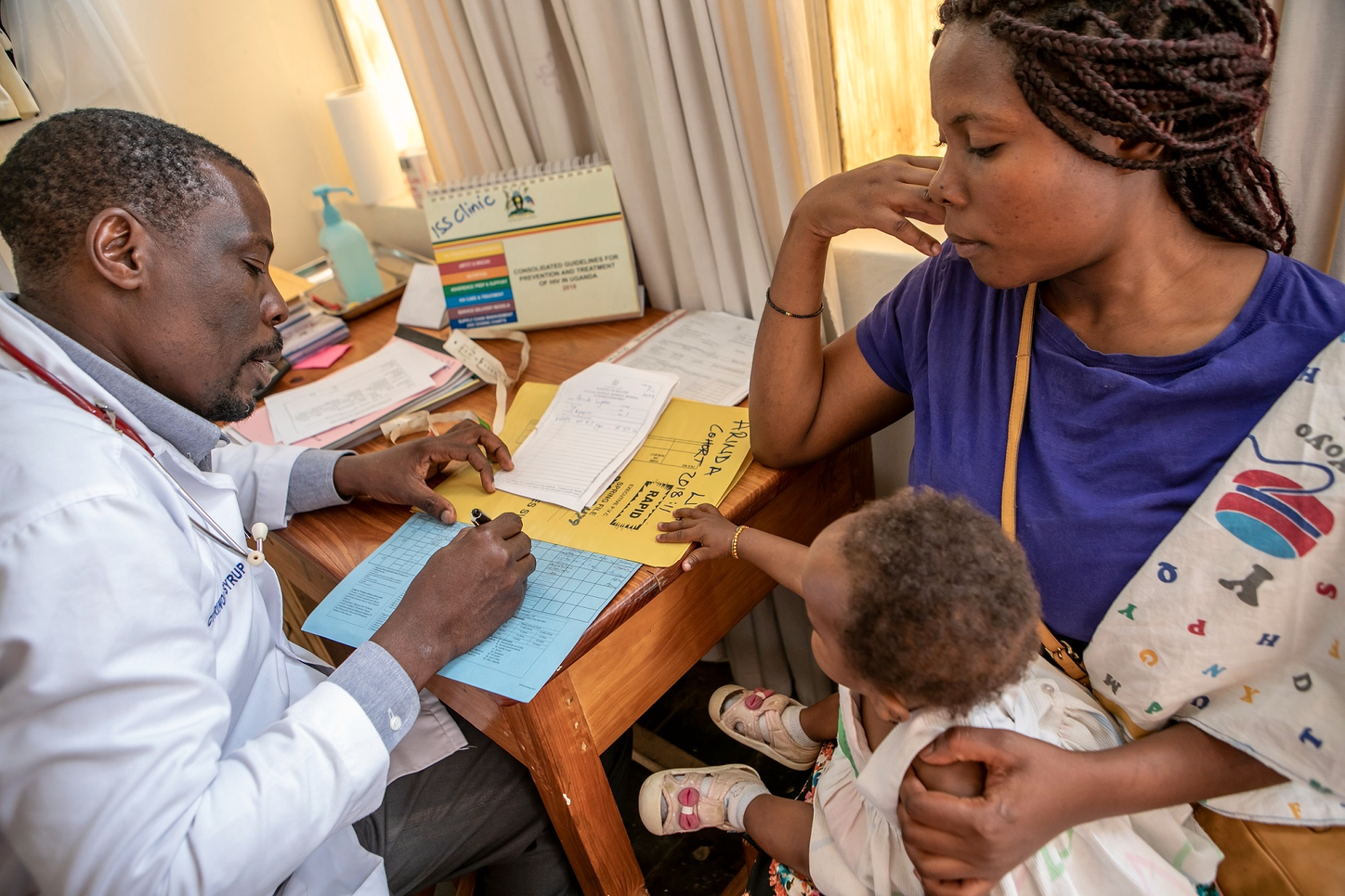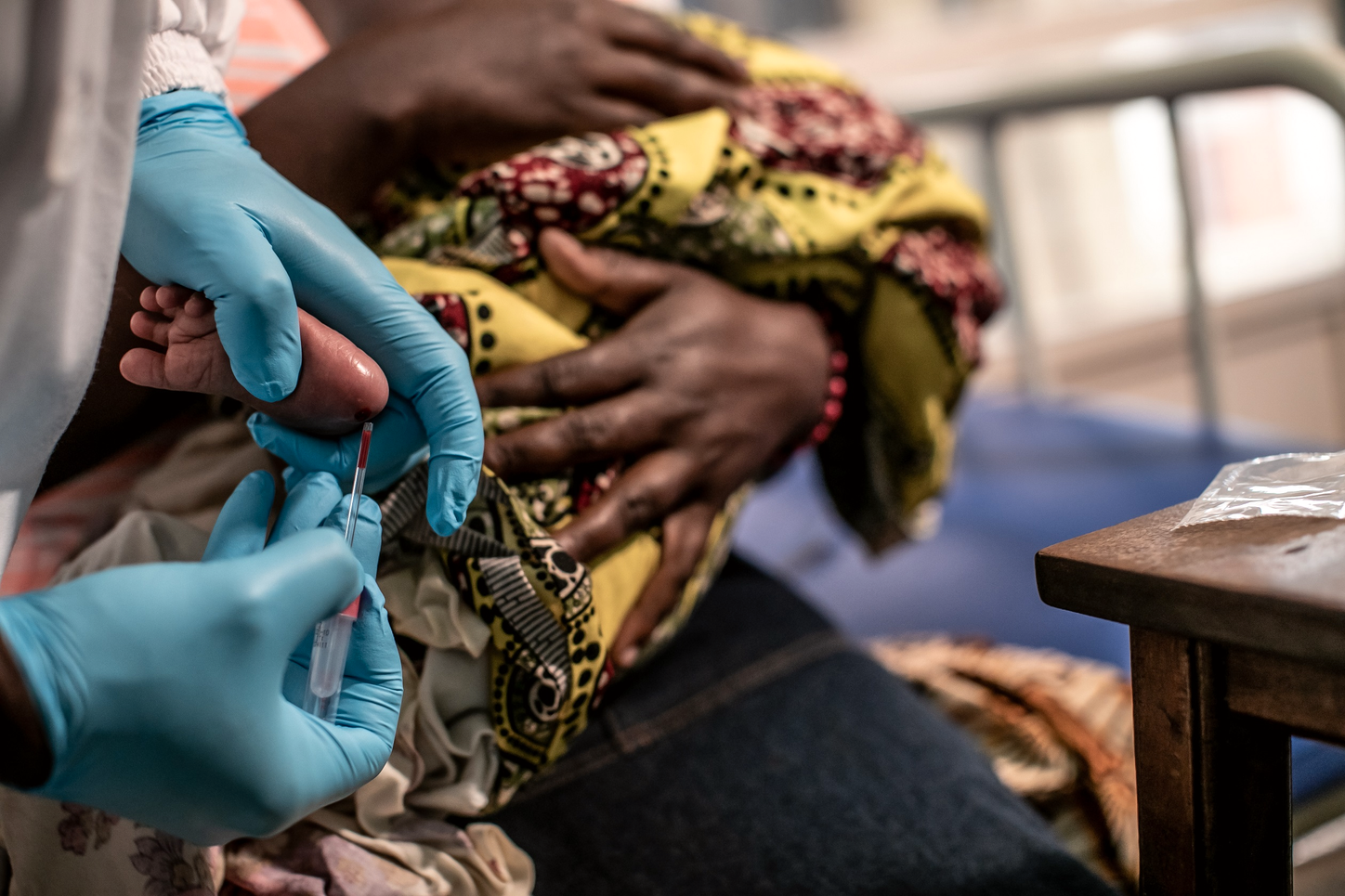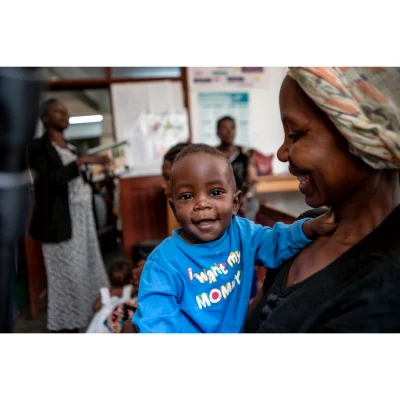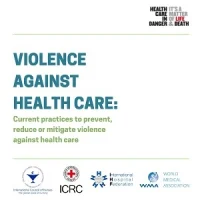- Siemens Healthineers and UNICEF enter a partnership to help optimize Point-of-Care (POC) diagnostics networks
- The partnership is designed to strengthen health systems strained by the protracted COVID-19 pandemic and foster community engagement
Siemens Healthineers and the United Nations Children’s Fund UNICEF today announced a partnership to help strengthen fragile health systems in sub-Saharan Africa by improving access to diagnostics and linkage to treatment. Through a 5 million EUR grant, Siemens Healthineers will support UNICEF’s work helping to prevent maternal, newborn and child deaths and promote the health and development of all children. Despite being preventable and treatable, common infectious diseases such as early infant HIV or tuberculosis are still major causes of death among young children. In 2020, globally, more than 5 million children under the age of 5, nearly half of them newborn babies, and 2.2 million children and youth aged 5 to 24 died, mostly from preventable causes.
“No child should ever die from preventable diseases because they lacked access to treatment and services,” said Dr. Aboubacar Kampo, UNICEF Director of Health Programmes. “For that reason, we are working with countries to deliver primary healthcare to every community. This partnership with Siemens Healthineers gets us one step closer to the last mile by harnessing the power of innovative and inclusive technologies, making health care more accessible to vulnerable children and their families.”

Point-of-Care testing can speed up diagnoses and the start of treatments, for example at the POC clinic of the Mbarara Regional Referral Hospital in southwestern Uganda.
© UNICEF/UNI211879/Schermbrucker
Many families in lower- and middle-income countries, especially in remote areas, have limited access to healthcare and diagnostic medical testing. Challenges include restricted capacities in infrastructure and human resources; and ineffective referral and transportation of samples which lead to long turnaround times for test results. Point-of-Care (POC) diagnostics can help address gaps by performing tests at the same location where the care is provided, allowing for timely diagnosis and treatment initiation. This is particularly valuable in settings with limited laboratory infrastructure, such as sub-Saharan Africa. POC testing platforms can rapidly improve access and accelerate diagnosis and treatment for infectious diseases such as COVID-19, early infant HIV, tuberculosis, and non-communicable diseases. During the five-year partnership period, Siemens Healthineers and UNICEF will explore additional opportunities for collaboration – leveraging each organization’s strengths – including technical expertise and business networks, to better respond to the needs of children and their families.
“Around 3 billion people lack access to basic medical care. It’s both a privilege and an obligation for us, as one of the drivers of innovation in medical technology, to make healthcare accessible for everyone, everywhere,” said Dr. Bernd Montag, CEO Siemens Healthineers. “We are aware that good healthcare is always the result of a team effort, therefore we are excited to support UNICEF’s comprehensive approach of providing important diagnostic services to children and families in sub-Saharan Africa in a sustainable way, tailored to local needs.”

Point-of-Care testing makes it possible to test infants for infectious diseases such as HIV and start treatment on the same day, for example at the POC clinic of the Mbarara Regional Referral Hospital in southwestern Uganda.
© UNICEF/UNI211916/SchermbruckerThe five-year partnership between Siemens Healthineers and UNICEF will initially focus on selected sub-Saharan African countries. Efforts will aim to optimize national diagnostics networks through a data-driven approach to identifying demands and redesigning the network organization. The partnership will also work to strengthen key elements of the local health systems required to overcome infrastructure challenges and support decentralization of testing through POC technologies.
Since communities are among the major beneficiaries of diagnostics services, the partnership will also help engage communities and improve diagnostics literacy as well as awareness of the benefits and availability of diagnostic testing.
UNICEF does not endorse any company, brand, product or service.
Siemens Healthineers does not endorse any company, brand, product or service being referenced, funded or utilized by UNICEF.
Source: Siemens Healthineers
© UNICEF/UNI211905/Schermbrucker
Latest Articles
point-of-care, POC, Siemens Healthineers, COVID-19, Dr. Bernd Montag, COVID-19 pandemic, UNICEF, 2017 YALE NE POC US Course, Dr. Aboubacar Kampo
Siemens Healthineers and UNICEF enter a partnership to help optimize Point-of-Care (POC) diagnostics networks








